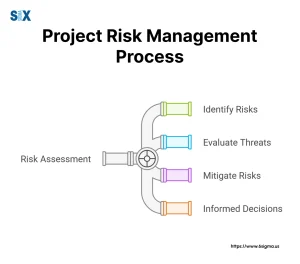
Loan repayment is the process of paying back a borrowed amount, including any applicable interest. This usually happens in the form of periodic instalments known as EMIs, which consist of the principal amount and interest. A person who wants to borrow money should always make sure that they are able to repay it in full, as late or nonpayment can result in fees and penalties. Luckily, there are several options available to borrowers who are struggling with debt.
When dealing with a problem with your loan repayment, it’s essential to communicate with your lender to find out what you can do to make things work out. Many lenders will work with borrowers to find an appropriate solution to avoid default or delinquency. In many cases, it can be as easy as discussing your existing circumstances with the lender.
Another option is to use a loan repayment calculator. These calculators help you determine how much you can afford to pay monthly and how much interest is being incurred. You can use a repayment calculator to determine the best repayment structure based on the interest rate, term, and amount borrowed. Using a repayment calculator can also help you decide whether line payment options are the best choice for you.
If you are unable to make your monthly payments, forbearance is another option. This option gives you extra time to catch up. It also allows you to make smaller payments than you were able to make before. However, you should keep in mind that even if you’re temporarily unable to make payments, interest will still accumulate. You’re still responsible for the amount of interest that accumulates during your forbearance period.
Lastly, it’s important to make your payments on time. Not only does this help you pay off your loan faster, it also improves your credit score. A higher credit score shows that you’re creditworthy and can borrow more money in the future. This also makes it easier to apply for top-up personal loans.
Gradually increasing your monthly payments is another way to pay off your loan. This option involves making smaller payments for the first few years, and increasing the amount every two years. This can be beneficial if you are on a budget and don’t make much money right now, but expect to make more money in the future. However, you should pay off your loan with a repayment plan that is flexible for you. It’s always a good idea to seek professional advice before choosing a repayment plan.
If you’re unsure about the best repayment plan for you, consider borrowing a sample plan. The longer you borrow, the higher your monthly payments will be and the more interest you’ll pay over time.







